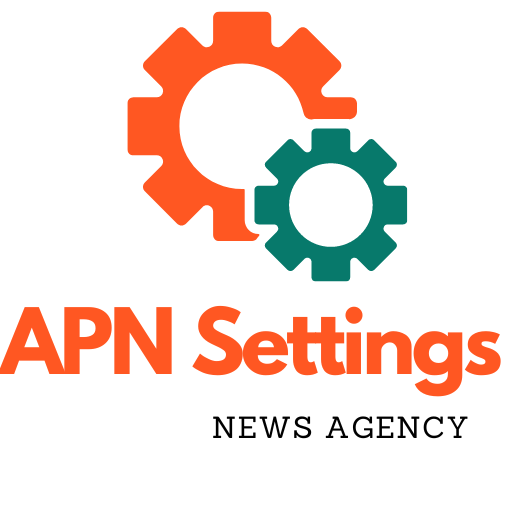Google, a subsidiary of Alphabet Inc., announced plans to integrate artificial intelligence into health-related initiatives, including an update on the use of language-generating technology in medical exams and AI-assisted research, ways to help consumers find information faster via internet searches, and tools to help developers build health apps around the globe.
“Health is an enterprise-wide endeavor,” “Tuesday’s blog post by Google’s chief health officer, Karen DeSalvo, was timed to coincide with an event at its Pier 57 location in Manhattan. “The worldwide reach of our goods, services, and platforms — paired with our powerful AI technology — present a path to assist billions of people to live healthier lives.”
Google’s health-related AI announcements come more than a year after the firm revised its health strategy to incorporate healthcare research and other capabilities in its core businesses, such as search and YouTube, as opposed to launching new commercial services. In 2021, after gaining what DeSalvo termed “lessons” from the pandemic, the corporation disbanded its Google Health section and reassigned its employees to other companies, like as its research and wearables departments. DeSalvo, a physician, now runs a clinical team that counsels many Google departments, such as Maps, hardware, and cloud, Bloomberg said.
In contrast to industry competitors such as Apple Inc., which is purportedly making headway on no-prick blood glucose tracking for its watch, and Amazon.com Inc., which has invested extensively in medical-care services such as pharmacies and primary care, the company’s strategy is now more integrated. Verily and Calico, two more Alphabet firms engaged in biotechnology and health, have also slowed down in recent years. In January, Verily stated it will discontinue several initiatives and streamline operations, resulting in a 15% reduction in employment.
Even though Google’s CEO Sundar Pichai began referring to the company as an “AI-first” enterprise, the phrase did not catch on “In recent years, the tech giant has competed with rivals to reassert its dominance, especially in generative AI — software that can generate its own vivid text, images, and video. In response to OpenAI Inc.’s surprise success with ChatGPT, a popular chatbot the startup released in November, Google’s senior management declared a “code red” at the company and directed that all of its most important products — those with more than a billion users — must incorporate generative AI within months. Google stated that it had integrated health AI work in a variety of ways into its primary product, search. For instance, the company stated that it would highlight Medicaid re-enrollment information more prominently, as individuals are required to actively enroll in the service by the end of March, and that it had used its conversational AI technology called Duplex to confirm that thousands of healthcare providers in the United States accept certain Medicaid plans in their state. Google stated that it is collaborating with the Accreditation Council for Continuing Medical Education to promote best practices for video creation in order to reduce obstacles to medical education access.
The Mountain View, California-based business also reported progress in integrating its artificial intelligence models, notably its massive language models, into medical research. Big language models are gigantic AI systems that consume vast quantities of digital text — from news stories, social media postings, and other online sources — to train software that predicts and creates content on its own in response to a query or prompt. Google’s Med-PaLM 2, the second version of an artificial intelligence model that answers medical-exam questions, received an 85% score while answering questions in the style of US medical licensure exams, the firm reported. Google stated that it was also making strides in AI-assisted ultrasound analysis, TB detection, and cancer research.
Google introduced Open Health Stack, a new suite of open-source tools designed to help developers build apps that can, for instance, help health-care workers in rural areas access population health data to monitor community health or access information to help health workers make informed decisions in patient care. Open Health Stack was designed to assist developers worldwide, particularly in under-resourced communities.
